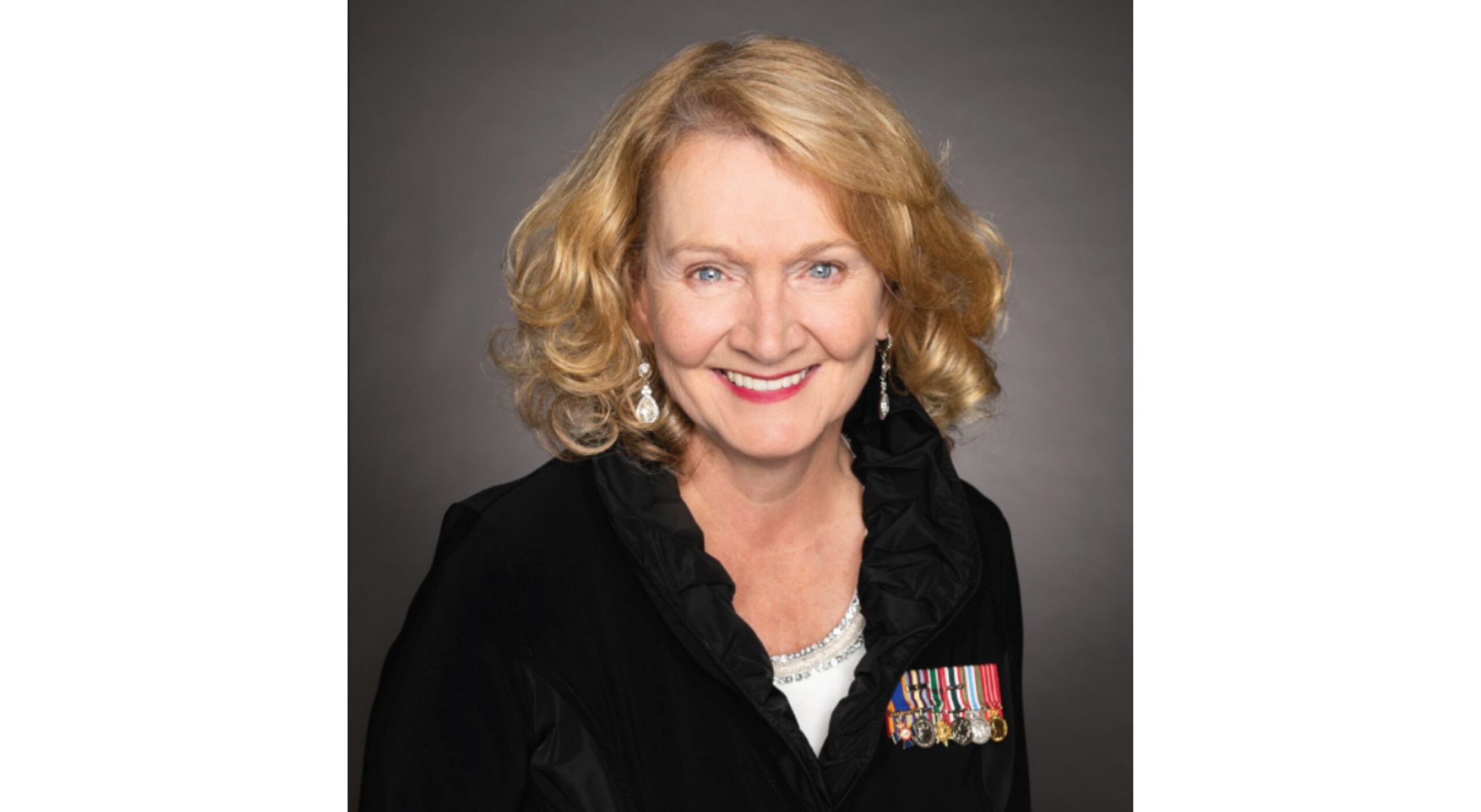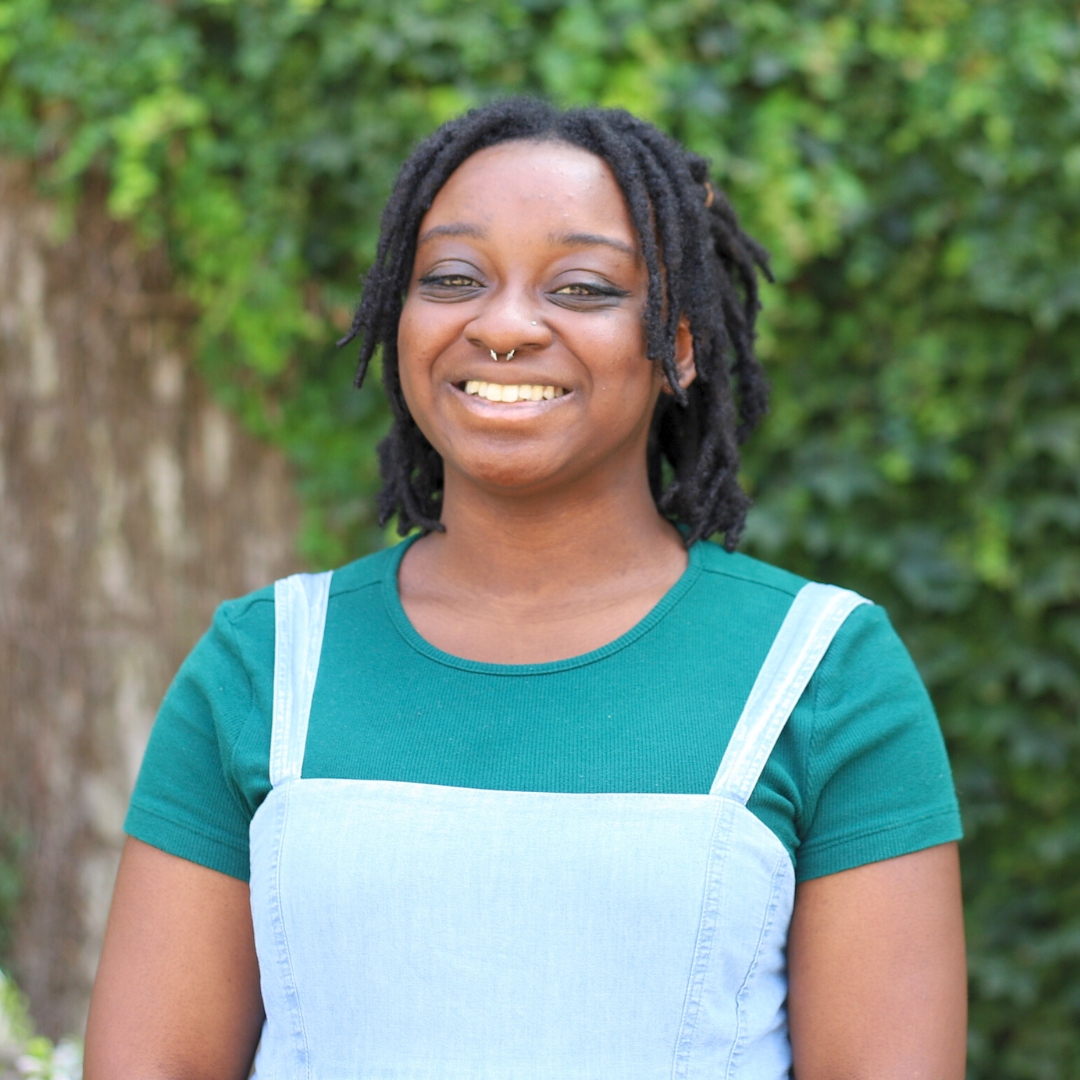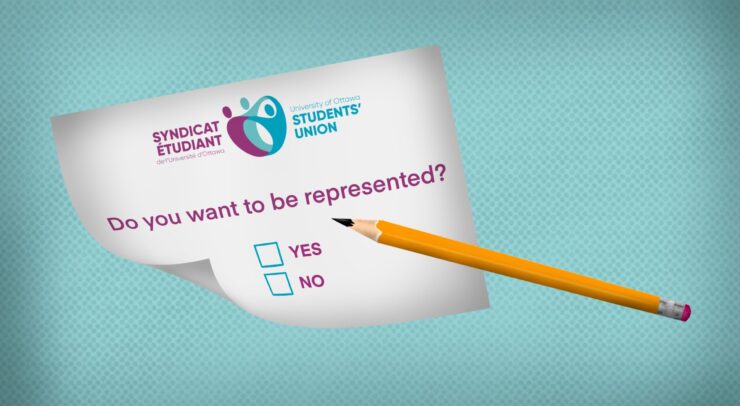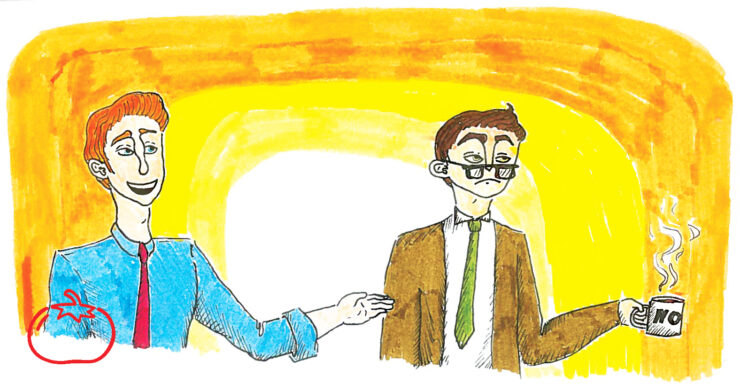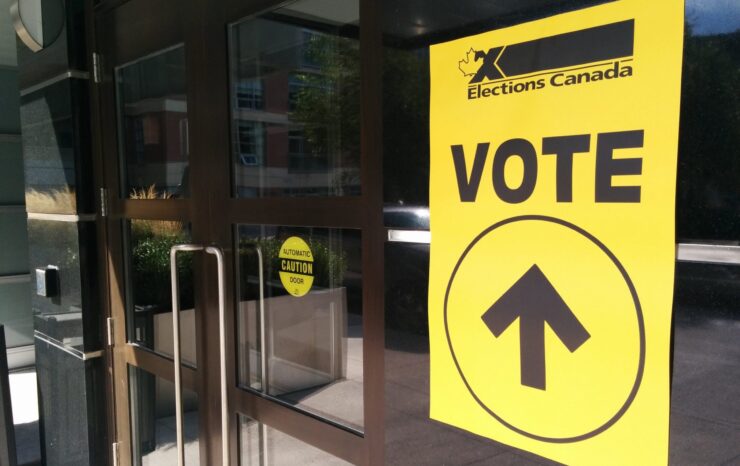McCrimmon lists education, health care, and affordability as major problems for Ontarians
Following the resignation of Merrilee Fullerton in late March, the provincial riding of Kanata-Carleton is heading to a by-election. Following an MPP’s resignation a by-election is called by the province’s Premier must take place within six months; on June 28, the byelection was called and a date of July 27 was set.
Former Liberal MP Karen McCrimmon is running for the first time provincially in Kanata-Carleton. McCrimmon won the Ferderal Kanata-Carleton riding in both 2015 and 2019 but did not seek re-election in 2021, citing health concerns as her reason to step away from politics.
At the time of this interview, all three of the province’s major parties had announced candidates: the Ontario Liberal Party (OLP), the Ontario Progressive Conservatives (PC) and Ontario New Democratic Party (NDP). The Ontario NDP and their Candidate spoke with the Fulcrum to answer the same questions as McCrimmon. The Fulcrum is still waiting to hear back from the Ontario PC candidate.
The Fulcrum spoke with McCrimmon to hear why they believe students living in Kanata-Carleton should vote for the OLP in this by-election. The interview has been lightly edited for clarity.
The Fulcrum (F): Can you please tell me a bit about your background and what experience would you be bringing to the role of MPP?
Karen McCrimmon (KM): I spent 31 years in the Canadian Armed Forces. I served in many places around the world, including multiple war zones – including Afghanistan. When I retired from that, I went back to school and I became a mediator. So I have some leadership and skills and commitment to service from my military days, and then some skills when it comes to negotiation, mediation, collaboration through my mediation training. And then I got involved in politics because I didn’t like what I was seeing happening to our country. I thought, “well, you know, I signed on to serve our country and whether I’m in uniform or not”, and this was during the Stephen Harper era. And I could see the kind of the seeds of something that I think we’re starting to see growing stronger in this country – the seeds of intolerance, and the seeds of selfishness and the seeds of anger. I was thinking “no, no, that’s not the Canada I know and love. So I’m going to do something”.
And so I ran in 2011 federally and I lost, then I just kept working. Then I ran in 2015 in the riding of Kanata-Carleton and I won. So I spent six years as a Member of Parliament for Kanata-Carleton almost six years, so I know [this riding]. This is where I live, this is my home community. I know this community like the back of my hand and I’ve built a lot of very good relationships with people trying to do good things in our community.
This time around I stepped away from being an MP because I had some minor health issues. But then…my mother-in-law and father-in-law live in Germany, and in the summer of 2021, they were both sick and in the hospital and they desperately wanted to come home. They’re Canadian, but they live in Germany. So I went over there to try and set them up, so that they could go home. I think a lot of people looking after elderly parents understand how difficult that is – nobody makes it easy. So at that time, I was stressing, no doubt about this. But my father-in-law started to get better. But my mother-in-law … got decidedly worse and she was ultimately diagnosed with ALS. So here I was at the end of August thinking “okay, how am I going to do this? how am I going to look after myself, look after my mother-in-law with ALS? [And] look after my father-in-law? [And] look after the people of Kanata-Carleton?” I just figured I couldn’t do it all. So I had to step aside.
But then I had someone from the community that I knew also loves the community dearly and she could take over. I know that the people of Kanata-Carleton would be well looked-after. So that’s what allowed me to step aside. And since looked after my own health issues. My mother-in-law died about eight months after her diagnosis, which was absolutely horrible. My father-in-law is still going strong – he’s about to turn 94.
So why provincially? I’m looking and thinking “Okay, federally we’re doing okay”. Yes, there’s a few things they could have done better, but actually Canada’s in a better place with having had that government. We’re better off than a lot of countries around the world.
But at the provincial level, I saw the aims of privatization for our healthcare system. And I saw the damage in terms of …let’s use nurses, for example. You freeze their wages, you make their working conditions even worse, and then they leave – and then you have to hire them back from for-profit nursing agencies. Now you’re paying twice what you were paying for nurses, [and] if you would just pay them well and give them decent working conditions, you would have been paying a lot less. So I can see the pressures now in emergency rooms, both rural and urban. I can see the destruction of that universal not-for-profit healthcare system. I see the attacks on our world-class education system. I see affordability – oh my gosh! There are things that the provincial government can do to make life more affordable for people but they’re doing nothing. The federal government at least helps middle-class families with child care. The grocery rebate is a start. But then [at] the provincial level…they’ve got $20 billion of unspent healthcare money in a contingency fund. They have $20 billion sitting there doing nothing. And people in Ontario are struggling – people can’t afford the rent, they can’t afford the homes, they can’t afford their groceries, and the province is doing nothing. I just didn’t think that was acceptable, and it’s certainly not the kind of province I want to hand over to my children or grandchildren. So I thought, well, I needed to do this, and I know I could do it. I have got the skills to do it. And I’m offering as the people of Kanata-Carleton to represent them as the member of Provincial Parliament.
F: First of all, I’m sorry to hear about your loss. That’s obviously very tragic; it seems that you’ve established a good system, which is nice to hear. And it’s also very good to hear how passionate you are about stepping into this role and trying to make a real change not only within your riding but within the province. So my next question is why do you believe constituents in Kanata-Carleton should vote for you to represent them? And provincially, what are some issues you believe these residents will want you to be added to advocating for and working for us as MPP?
KM: Okay, so the nice thing about being a past incumbent is that I can run on my record. The people of Kanata-Carleton know that even in tough times, even it was very challenging times, I was always there. I was always accessible, and I always listened and we helped thousands of people deal with issues at the federal government. I tried to make a real difference and to be out there and accessible and available to people all the time. So [the people of Kanata-Carleton] know that I care, that they matter to me. [I am] not just someone who wants a political job. This is someone who really genuinely cares about this community. So just look at my record, talk to your neighbours, and ask them, “Did [she] do a good job as an MP? Is she the kind of person we want to represent [us]?”
Now when it comes to the issues, I think affordability is going to be number one, I really do. People are struggling – [they] can’t afford rent, they can’t afford to buy a house, they can’t afford their groceries for Lord’s sake. You know, food bank usage is way up. And there are some mechanisms that can be used to make life a little bit more affordable. And our economy is doing really well. So the federal government is doing what it can do at the federal level, but you need the province to step up and do their fair share. But they haven’t in my opinion, they haven’t been willing to do that.
I think the second [issue] then is going to be the healthcare system…chopping it up into little pieces and pushing it to crises, so you’re having to close emergency rooms and you have staffing shortages, et cetera, et cetera. I think it is to privatize it and sell it off to the lowest bidder, so they can make money off it. And I think we need to fight that with every ounce of our being. We would be doing a huge disservice to our children if we didn’t.
I think also the protection of green space and the protection of farmland [is important]. We should not be paving it over any more green space or any more farmland. That’s just sheer idiocy. You need that green space, it provides a quality of life for people. And you need farmland in order to feed people. And so when you see someone willing to pave that over, even here locally in Kanata, or if you want to talk you can talk [generally] about the Greenbelt. You know, and our farmland here in Kanata-Carleton, it makes no sense to allow it to be paved over.
And I think also public education should be supported [and] it should be funded. I think having a strong education is the key to a better life, we want our children to be well-educated and well-prepared for whatever the future brings. So having a government that keeps cutting money from an education system and undermining it, I think that’s another thing we have to call them out on.
They’re failing. They’re failing us on healthcare. They’re failing us on affordability. They’re failing us on green spaces. They’re failing us on education. That’s all provincial, and we need to start actually challenging [the leadership] and we also need to come up with a plan. How are we going to fix it after this? I’m under no illusion here: I know that if I were to win this by-election, I wouldn’t be going in as an opposition member. But I also have strategic planning skills from my military service that I can use to actually sketch out [a plan]. Talk to all the people that know [things], talk to the experts and find out, “Alright, here’s where we are. How do we get to where we want to be without destroying our healthcare system? But how do we make some of the changes we need to make?” I think most people understand that the Liberal Party wants strong public services. Maybe they’ll know we can help actually make the changes that need to be done to make [these services] sustainable over time without selling it off, so somebody else can make a profit from it.
F: Hopefully you can answer my next question a bit more in-depth even though you’ve already touched on it. But how do you believe students stand to benefit from the Ontario Liberal Party’s platform and what your party advocates for, both provincially and for post-secondary education or education more broadly?
KM: Education, you have to have a solid foundation first, right? You have to have an appreciation for higher education. Students, you can’t afford your rent, you can’t afford your groceries…All of us, when we leave home as young people we don’t immediately buy a house. We need to rent for a while in order to save up a down payment. But now that’s out of reach of the vast majority of young people, absolutely out of reach. I think we have to realize that if we don’t do better by [our] young people, they’re just going to be weighed down by such debt over time that they’re not going to be able to have the kind of life they should be able to have. So…how do we do that? How do we make education more accessible for more people? Because a well-educated workforce – whether that’s a diploma or a degree or some kind of special training or whatever – is the best thing to have. Because then you get jobs, you get good paying jobs that give people the money they need in order to not just survive but to thrive. So we want to protect those green spaces, we want to protect the environment. I just think, you know, I could be gone 30-40 years. And it’s the legacy that we’re leaving to our next generation that we really have to be cognizant of.
So I think making some loan forgiveness…down in the United States, they’re trying to get some student loan forgiveness, but the Republicans won’t let it pass and they’re challenging it on every opportunity because they don’t want people to be well-educated. We can see the same thing here. We have to have a government that appreciates higher education and appreciates that [education] makes a difference when it comes to creating the kinds of jobs we want. It’s no good if we create new businesses, but all they are is minimum-wage jobs and people can’t really build a life on [them]. What we need is we need are higher-wage jobs that people can actually earn a living and build a life on.
F: So you’ve mentioned this before already, but access to healthcare and housing are two of the most pressing issues facing Ontarians, especially young adults trying to get their lives together. How are these issues addressed in your platform? And more importantly, how do you intend to tackle them?
KM: So we don’t have a full platform, per se. This is where we are, we’re between elections, right? Because it’s a by-election. But if you look back at what the Liberal platform was…if we talk about healthcare, from what I’ve read, there are 2 million Ontarians who don’t have a primary care doctor. I think there are things that we could do to create and actually incentivize primary health teams, little small teams, and multidisciplinary teams that can actually help people. So maybe there is one doctor and two nurse practitioners and a dietitian and then a physiotherapist or whatever. We need to create these multidisciplinary teams to make the most of doctors’ time and maybe add a pharmacist there. That’s where I would put my money and I think there are things you can do to incentivize that, to reward that. That will help relieve some of the shortage of doctors, that’s one thing we can do.
We also need very active doctor recruitment. Ontario [is] probably one of the lowest paying [provinces] when it comes to doctors, right across the country, from the statistics I have seen. I don’t think they want more money, I think they want more quality of life. And if we do the health care teams, I think doctors can have a better quality of life and then we will retain them. So I think I think that’s one idea for health care.
And when we talk about affordability, I think student loan forgiveness is a big one. I think that supporting education so that people can get those better-paying jobs is a good thing. I think that helping people to actually be in a position to be able to afford their own homes. I mean, the province can mandate, you know, “for every one house that costs over $2 million there has to be 30 built under $400,000”. The province can actually put things in place that actually incentivizes developers to build the kinds of houses we want them to build, more affordable housing. And I’m not talking about supportive housing, I’m just talking about affordable housing. But developers make more money when they build McMansions, so guess what? They’re going to build McMansions. We need to change that equation.
F: In the 2022 General Ontario election, the Liberals placed third in the Kanata-Carleton riding. Why do you and your party believe it is valuable to have a candidate in this race?
KM: Oh, well, sometimes things happen. Campaigns fail for a number of reasons: sometimes it’s your local candidates; sometimes it’s your leader; sometimes it’s your platform. However, here are the numbers – I love my numbers. In order to win the riding of Kanata-Carleton, you have to – other than a Conservative – you have to be in a position to be able to get 40 per cent of the vote. Conservatives can count on reliably 38 to 39 per cent of the vote, and their voters show up and vote. You know, so they will always be there. So you know, the conservatives will always get 38 per cent of the vote. So we need to have a candidate in Kanata-Carleton, who can get 40 per cent of the vote. I have gotten 40 per cent of the vote on two federal elections, right? And I’ve just had more experience since then. So the NDP [has] quite a nice candidate…The NDP as a party in that riding has never got more than like 29 per cent of the vote, and they got 29 per cent of the vote when we had a very unpopular leader. Okay, so someone who can beat the Conservatives in this riding, and I’m afraid that right now I’m the one who could do that.
F: Those were all of the questions that I had for today. But if there’s anything else you’d like to add any questions you might have, now’s the time to do so. I would just ask that you make sure it’s geared to University of Ottawa students.
KM: Yeah, no, I think those were those were excellent questions. And I don’t need to do this for me, right? I’m doing this for my children. So and your generation is a little bit younger than my children. Not by much but a little bit, but I’m doing it for you, too. I had tremendous opportunities. You know, I graduated from university in 1980, and I had tremendous opportunities. I ended up joining the military, but anyway, that’s another story. But I want to do this, I want to be proud of the legacy that I leave to our next generation. And I’m going to work hard to make that a reality.
Editors note (28/06/2023): This piece was updated when the date of he byelection was announced by Premier Ford’s office.
- Editors note: the file photo for this article was changed on August 14th to address concerns about the ownership of the original file photo.

